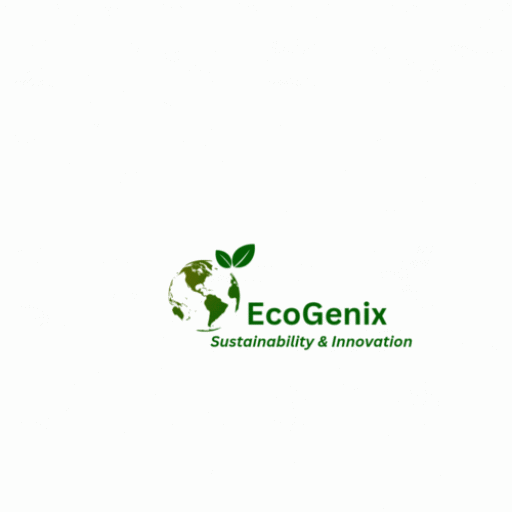Introduction
In today’s rapidly changing world, sustainability has become more than just a buzzword – it’s a way of life. As communities and industries grapple with the challenges of climate change and resource depletion, a deep understanding of sustainable practices is crucial. This article delves into ten essential modules that comprehensively cover the various facets of sustainability and sustainable development. ENROLL TODAY AND BE EMPOWERED.
Module 1: Introduction to Sustainability and Sustainable Development
The foundation of any sustainable journey begins with understanding the core principles. Module 1 serves as a gateway, providing insights into the historical context, evolution, and significance of sustainability in our global landscape.
Module 2: Environmental Sustainability and Conservation
This module focuses on the delicate balance between human activities and the environment. By studying ecosystems, biodiversity, and conservation techniques, learners gain the knowledge to protect and preserve our natural resources for future generations.
Module 3: Sustainable Energy and Renewable Resources
Module 3 explores the world of sustainable energy, emphasizing renewable sources like solar, wind, and hydroelectric power. Participants learn to harness clean energy, reducing dependency on fossil fuels and mitigating environmental impact.
Module 4: Sustainable Water Management
Water, a precious yet finite resource, demands sustainable management practices. Module 4 equips individuals with strategies to conserve water, purify polluted sources, and ensure equitable distribution, fostering resilience against water-related challenges.
Module 5: Sustainable Waste Management and Recycling
Waste poses significant environmental threats, but it can also be a valuable resource if managed wisely. This module delves into innovative recycling techniques, waste reduction methods, and the promotion of a circular economy, where waste is minimized, reused, and recycled.
Module 6: Sustainable Urban Planning and Design
Urban areas are at the forefront of sustainability challenges. Module 6 explores urban planning strategies that prioritize green spaces, eco-friendly architecture, and efficient infrastructures, promoting sustainable lifestyles and harmonious coexistence with nature.
Module 7: Sustainable Transportation Systems
Transportation is a significant contributor to carbon emissions. This module emphasizes eco-friendly transportation options such as electric vehicles, public transit, and cycling infrastructure, aiming to reduce the environmental impact of commuting and travel.
Module 8: Sustainable Business Practices
Businesses play a pivotal role in the sustainability landscape. Module 8 delves into sustainable business models, corporate social responsibility, ethical supply chains, and green innovations. By integrating these practices, businesses can contribute positively to both society and the environment.
Module 9: Social and Cultural Dimensions of Sustainability
Sustainability extends beyond environmental concerns; it encompasses social and cultural aspects too. Module 9 explores the intersection of sustainability with human societies, focusing on social equity, cultural diversity, and community engagement. It emphasizes inclusivity, ensuring that sustainable practices benefit everyone, irrespective of their background.
Module 10: Innovations in Sustainable Solutions
The final module celebrates innovation – the driving force behind sustainable solutions. Here, learners explore cutting-edge technologies, research initiatives, and creative approaches that address global sustainability challenges. By encouraging inventive thinking, Module 10 inspires the development of groundbreaking solutions.
In conclusion, these ten modules collectively form a comprehensive roadmap toward a sustainable future. By embracing the knowledge and practices gained from these modules, individuals, communities, and businesses can actively contribute to a more sustainable world, fostering a harmonious relationship between humanity and the environment
ARTICLE BY: WAYNE TOTA
Food Security and Climate Change
waynetota9@gmail.com
0601133196239
Visit for more articles:
https://sites.google.com/view/foodsecure-sustain-agriclimate/home.
